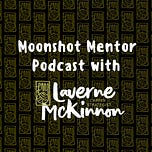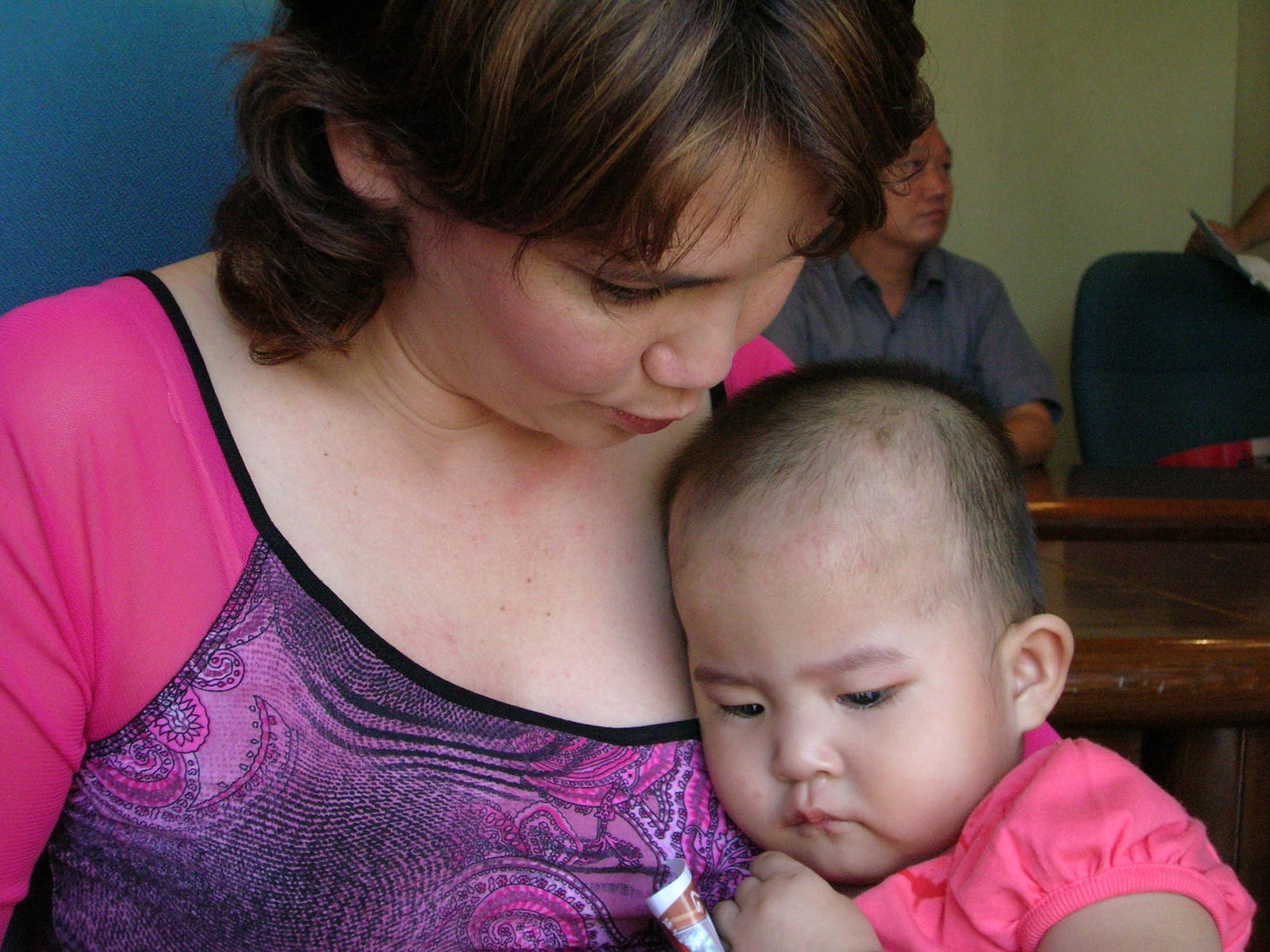One of the most important keys to career longevity is the ability to assess and not judge - both ourselves and others.
Judgment is about good and bad, right and wrong. It has the energy of a slammed door and cuts off growth opportunity and potential.
Assessment is about identifying what’s working and why, and what’s not working and why. It has the energy of a parent with a young child.
Judgment requires quick decisions, rigid rules and fortune-telling. It’s best used in competition or life & death situations with those who are mentally and emotionally trained to withstand stress and rigorous feedback loops.
Assessment requires grace, compassion, an open-mind and a willing heart. It also needs curiosity, intelligence, effort and gentle, loving rigor.
Judgment is unfortunately and frequently used by those who don’t actually have the training for it. Think of a 7-year-old getting behind the wheel of a car. They can’t reach the pedals and they can’t see over the dashboard, and yet they’re able to push a button to turn on the vehicle and put their hands on the wheel. A recipe for harm. That’s judgment.
When looking to improve performance and outcomes, assessment puts judgment to shame. It’s the courage to slow down to look carefully at what’s underneath, beside, behind, over, above - and not just what can be seen in a cursory glance at the cover. It’s the courage to ask questions to clarify what truly needs to be examined rather than making assumptions. It’s the courage to abandon “I know what’s best” and stand in the “I don’t know.” Assessment seeks to understand.
USING ASSESSMENT TO EVALUATE YOUR CAREER
When you assess your career vs. judge it, it looks like asking yourself these questions:
How am I living my life purpose?
How am I honoring my values?
If I’m feeling anxious, worried, or angry about my current role, what values are being stepped on?
How do I feel about my role and career in this moment?
What am I longing for?
Pro-Tip: Do not look to take action in assessment. Jumping to action bypasses the opportunity to listen deeply and fire up your intuition.
When you judge your career vs. assessing it, it might look like this:
I hate my job
I’m not where I should be
I’m being held back
There’s no way to move forward
I have to hold on to this job or else ….
Why am I not as far along as this other person?
Pro-Tip: You know you’re in judgment when there are black and white verdicts, no guiding force and unanswerable questions.
For most people, judgment is constant. We’re in comparison mode and blaming outside forces and ourselves simultaneously for lack of fulfillment, progress and job satisfaction.
Judgment does not move the career needle.
Assessment identifies your strengths and needs and lights the path forward.
CASE STUDY: FROM JUDGMENT TO ASSESSMENT
Let’s call my client Amber. She’s in her early-thirties and has been working in the entertainment industry since she was 21 years old, starting with an internship at NBC in publicity. In her undergraduate program, she figured out that she didn’t like writing, acting or directing. She was more excited about aspects of production, especially post production.
After she graduated from Loyola Marymount, she got a lot of advice about working for an agency as a way to launch her career so she got a job as an assistant at a mid-size firm. It pretty quickly went south. She didn’t flourish with the pace and culture of multi-tasking. She was overwhelmed by the volume, names, and expectation that she would read scripts on her off hours. After 8 months she quit, feeling despondent that she had wasted time getting her career off the ground.
When Amber and I took a closer look at that moment in time, we practiced assessment to re-frame the meaning she made from that experience. Rather than “wasting time”, we were able to determine:
Office environments with lots of people in cubicles talking over each other agitate her nervous system. (At the time, she contemplated going on medication to help her cope better with the environment.)
Amber prefers deep work vs. jumping from task to task. She likes to immerse herself in one project at a time.
After the agency gig, Amber pivoted to becoming an assistant in the public relations department where she worked at NBC as an intern. It felt like a soft-landing because she knew the people and they liked her. That job lasted for about three years without advancement.
Amber judged that time as a “black hole” in terms of her career. She knew she didn’t love PR, but her boss was kind and she liked the security of a corporate gig (and the benefits like health insurance and a 401K.) She eventually left that job feeling depressed and completely lost about what she wanted to do with her life. In applying assessment to that time period, we recognized:
A kind boss is important to Amber which is why she stayed as long as she did.
Amber loves to learn and her boss would give her new assignments that challenged her which is another reason why she stayed as long as she did.
Writing is not her strong suit. Amber’s boss would have her draft releases, but she never got them quite right which is one reason why she was not promoted.
Amber also realized how much she detested talking to people she didn’t know. She prefers a small, tight circle of people to work with rather than having to talk to a lot of different people every day.
It was after this job that Amber and I started to work together. In removing judgment from her reflections on her work history and focusing on assessment, we were able to paint a picture of how Amber thrives.
In addition we did grief work related to losses she experienced at the agency. We also did visioning exercises to gain clarity on her values and life purpose so that they could serve as her North Star. The combination of assessment, grief work, purpose and values helped us to identify an action plan:
Going back to her undergraduate roots, Amber reconnected with friends who were working in post-production. She set up informational interviews and discovered that post-production checked off several boxes for her:
Focusing on one project at a time
Working with the same group of people
Creativity that doesn’t require writing (or directing or acting)
Technology is constantly changing which is exciting to Amber as she loves to be challenged and learn new things
With boxes being checked off, Amber worked her network to get a job as a post-production assistant on a feature.
With her foot in the door, she asked questions, observed and listened to her heart. She found herself really enjoying the sound process.
With her interest clarified even more, Amber asked one of the sound engineers for a coffee. That person became a mentor and an advocate.
Amber is successfully working her way up the ladder and with her mentor’s guidance has been taking classes to shore up some of her skills. In addition, she’s flexing her muscles by taking on small indie projects. Along the way, she’s mastering the ability to swerve out of judgment and lean into assessment.
Pro-Tip: Follow Amber’s lead and make overall career assessments on a yearly basis rather than a daily, weekly, or monthly basis. She likes to do her annual assessment at the end of the calendar year when she’s on winter hiatus so she has time to reflect, journal, and practice a few rituals.
BOTTOM LINE
Assessment over judgment — it's the secret sauce for career longevity. While judgment shuts doors, assessment opens them wide, inviting growth and understanding. Judgment rushes to conclusions while assessment patiently explores what lies beneath the surface.
So when you ponder your career ask yourself open-ended, probing questions looking for what values are being honored or stepped on. Don't rush to judgment; instead, gently unravel the complexities and whether your current role is a manifestation of your life purpose or a stepping stone. When you trade judgment for assessment, you light the way forward, step by step, towards a fulfilling career path.
JOURNAL PROMPTS
Journaling is a fabulous tool to help you access assessment. Here are five journal prompts to get you going.
Pro-Tip: Just write, don’t edit. If you have trouble getting started, simply write, “I’m having trouble answering this question. I have no idea what the answer is …” And on and on … Notice if you’re judging your journal writing! You can write, “I’m feeling angry at myself for not knowing what to write.” And on and on … For most of my clients the process of simply putting pen to paper (or fingers to keyboard) creates an opening for discovery.
Reflect on a recent career decision or dilemma you've faced. How did you approach it? Did you lean more towards judgment or assessment? How might applying the principles of assessment have influenced your decision-making process?
Think about a time when you felt stuck or dissatisfied in your career. What were your initial thoughts and reactions? How might reframing those thoughts through assessment have led to a different outcome or perspective?
Consider the values that are most important to you in your career. How are these values currently being honored or compromised in your professional life? What adjustments could you make to align your career more closely with your values, using assessment as your guide?
Imagine your ideal career scenario five years from now. What does it look like? How does assessment play a role in helping you clarify and pursue that vision?
Reflect on a past mistake or failure in your career. How did you initially judge yourself or the situation? How might approaching it with an assessment mindset have led to growth or learning opportunities?
🙌🏾 Questions? Would you like additional support in accessing resilience? I offer private coaching sessions as well as in-person and virtual group work. Reach out directly here to set up a complimentary consultation.
If you’re resonating with what you’re reading, please consider subscribing. What’s that mean?
🙌🏾 You’ll receive regular emails (with lots of heart and a bit of humor) that share a tool or insight from my coaching practice.
🙌🏾 Typically the blog and blogcast will have a question at the end to provoke thought that supports you in your growth.
🙌🏾 Updates on offerings, free stuff, recommendations, referrals.
My blog aims to help people achieve their ambitious goals, their moonshot if you will. 😃 Oftentimes, though, we neglect an essential aspect of pursuing our dreams: the inevitable missteps, obstacles, and failures that come our way. Failing to acknowledge and process these losses properly can lead to imposter syndrome, burnout, low self-esteem, confusion, and even result in completely abandoning our dreams. 😟 That's why I strongly advocate for embracing grief awareness (along with other tools like values identification, knowing your why, sharpening executive function, habit forming, and more.) By doing so, we can effectively navigate challenges, regain motivation, and hit our moonshots. ✌🏾️ If you know someone who could benefit, please share this newsletter or recommend me to them. 🙏














